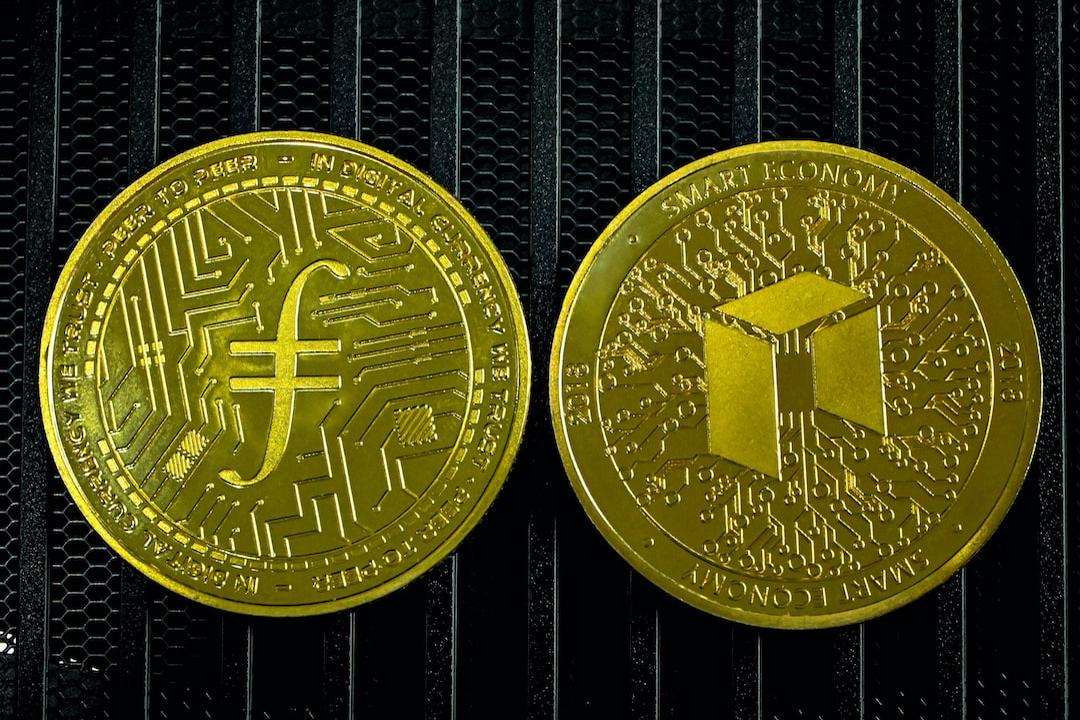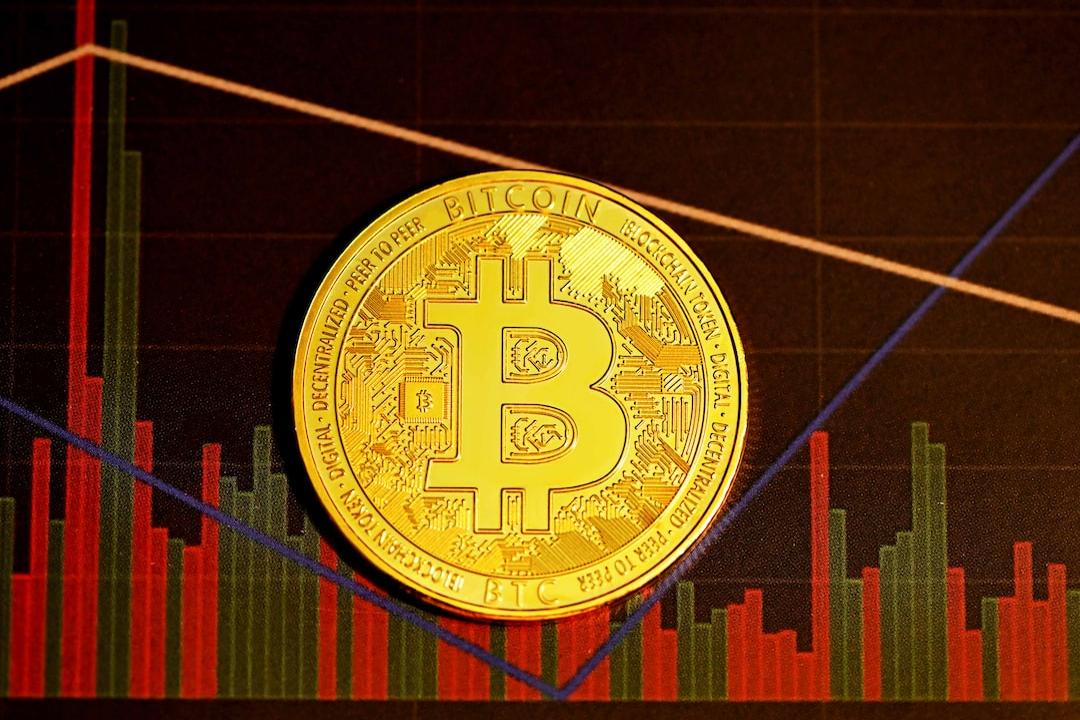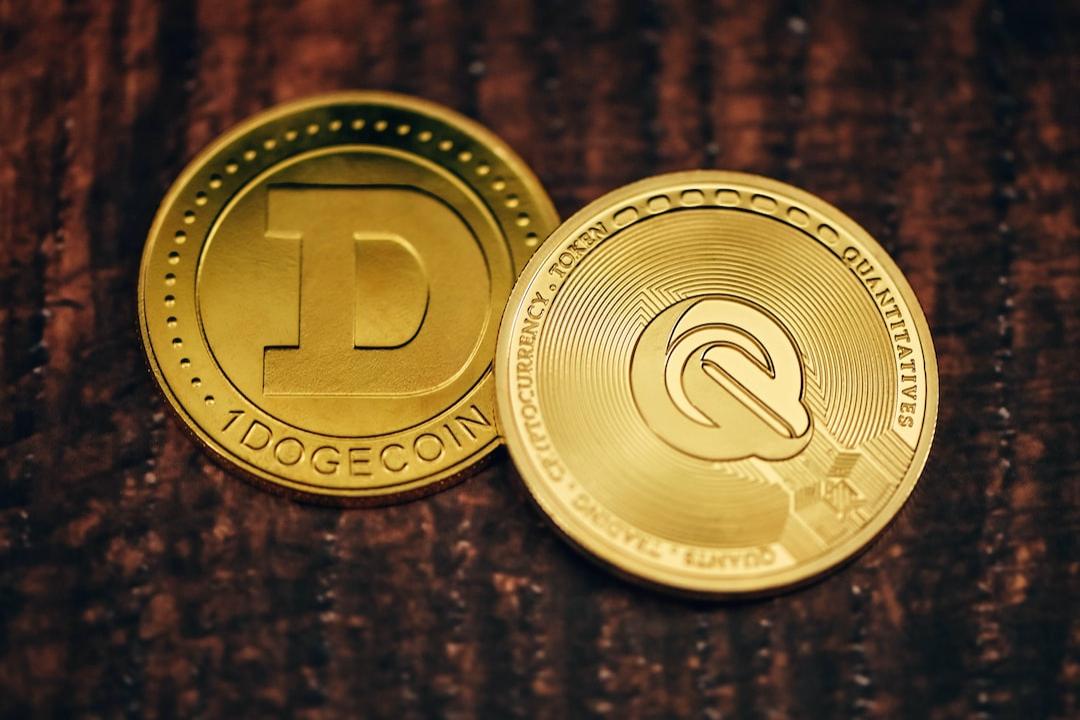Trump Just Agreed to Allow NVIDIA and AMD to Resume Sales of Downregulated AI Chips H20 and MI308 to China
Trump has just agreed to let NVIDIA and AMD resume sales of downregulated AI chips H20 and MI308 to China, and will receive a 15% sales commission from this. However, Chinese authorities have recently privately notified several companies, especially those involved in government or national security businesses, to avoid using NVIDIA H20 as much as possible.
China’s Move to Scrutinize H20 Usage, Companies Quietly Reduce Orders
After the Trump administration allowed the export of H20 chips to China, Chinese authorities immediately took action, requiring companies like Alibaba and ByteDance to explain why they chose to import H20 instead of using domestic alternatives. In addition to NVIDIA, informed sources have indicated that China’s overall policy also affects the procurement willingness for AMD MI308 chips, although it is unclear whether the official letter specifically mentioned MI308.


This request is led by the Ministry of Industry and Information Technology of China (MIIT), and this move puts pressure on NVIDIA’s business in China.
No Formal Ban, but Clear Resistance to H20
According to Bloomberg, China has recently expressed to multiple companies that it does not wish for H20 chips to be used in government or national security-related projects. Although no formal ban has been issued, the stance is very clear, leading many buyers to start pulling back. At the same time, Chinese authorities are actively supporting local chip manufacturers such as Huawei and Cambricon, quickly capturing market share after NVIDIA’s shipments are restricted.
NVIDIA Pays ‘Tax’ to Trump Administration for Export License to China
To resume shipments to China, NVIDIA reached an agreement with the Trump administration, promising to allocate 15% of its sales revenue of H20 in China as a commission in exchange for chip exports. This move has subsequently drawn strong criticism from U.S. security experts, who are concerned that these chips may indirectly assist the Chinese military in developing AI, thus affecting the competitive advantage of the United States. Some experts have also pointed out that this ‘special export tax’ lacks congressional authorization, raising constitutional concerns. Meanwhile, the Chinese side has also questioned the potential remote shutdown or positioning capabilities of the H20 chips, although NVIDIA denied this.
Trump Considers Easing Blackwell Export Restrictions, NVIDIA’s Market Share in China Likely to Continue Declining
Recently, Trump stated that if NVIDIA is willing to lower the specifications, he would consider opening up exports of the new generation Blackwell chips to China. Currently, the H20 chips available to China are downregulated versions, with performance significantly lower than products in the U.S. market. According to Bernstein’s forecast, NVIDIA’s market share of AI chips in China is expected to drop from 66% in 2024 to 55% this year, reflecting the political and market pressures from both sides that are putting NVIDIA in a difficult position.


Image shows Jensen Huang introducing Blackwell at NVIDIA’s launch event (Trump: Have reached agreement with NVIDIA and AMD, extracting 15% of China’s chip revenue in exchange for export).
Risk Warning
Investing in cryptocurrency carries a high level of risk; its prices can be extremely volatile, and you may lose all your principal. Please assess the risks carefully.

